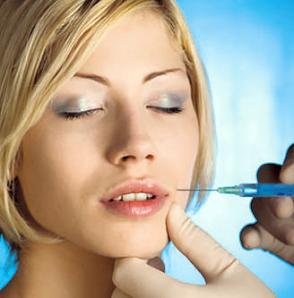This American Life this past weekend was all about sending messages. The prologue was an interesting segment about Galileo and Kepler sending coded messages to each other about their latest discoveries. The messages were often misunderstood. Have a listen here.
Month: October 2012 (page 10 of 10)
A new study suggests that most science papers are that retracted are the result of misconduct and not experimental mistakes. Misconduct is behavior like plagiarism, fabricating or falsifying data, and other types of fraud. From NPR:
A newly published analysis finds that more than two-thirds of biomedical papers retracted over the past four decades were the result of misconduct, not error. That’s much higher than previous studies of retractions had found.
“We found something that is very disturbing,” Dr. Arturo Casadevall, the co-author of a paper looking into this phenomenon that was published Monday by Proceedings of the National Academy of Science, tells Shots. “This kind of stuff has the potential to do damage to science. But we need to expose it to clean our own house.”
Casadevall, a microbiologist and immunologist, and his partners looked at the more than 2,000 retracted biomedical research papers since 1977. They found that more than 67 percent had to be retracted because of fraud, suspected fraud, duplicate publication or plagiarism. Only 21 percent of the retractions they looked at were the result of error.
See also Retraction Watch.
Not only does the toxin keep your forehead wrinkle free, it keeps depression at bay as well. From Scientific American:
In the first randomized, controlled study on the effect of botulinum toxin—known commercially as Botox—on depression, researchers investigated whether it might aid patients with major depressive disorder who had not responded to antidepressant medications. Participants in the treatment group were given a single dose (consisting of five injections) of botulinum toxin in the area of the face between and just above the eyebrows, whereas the control group was given placebo injections. Depressive symptoms in the treatment group decreased 47 percent after six weeks, an improvement that remained through the 16-week study period. The placebo group had a 9 percent reduction in symptoms. The findings appeared in May in the Journal of Psychiatric Research.
